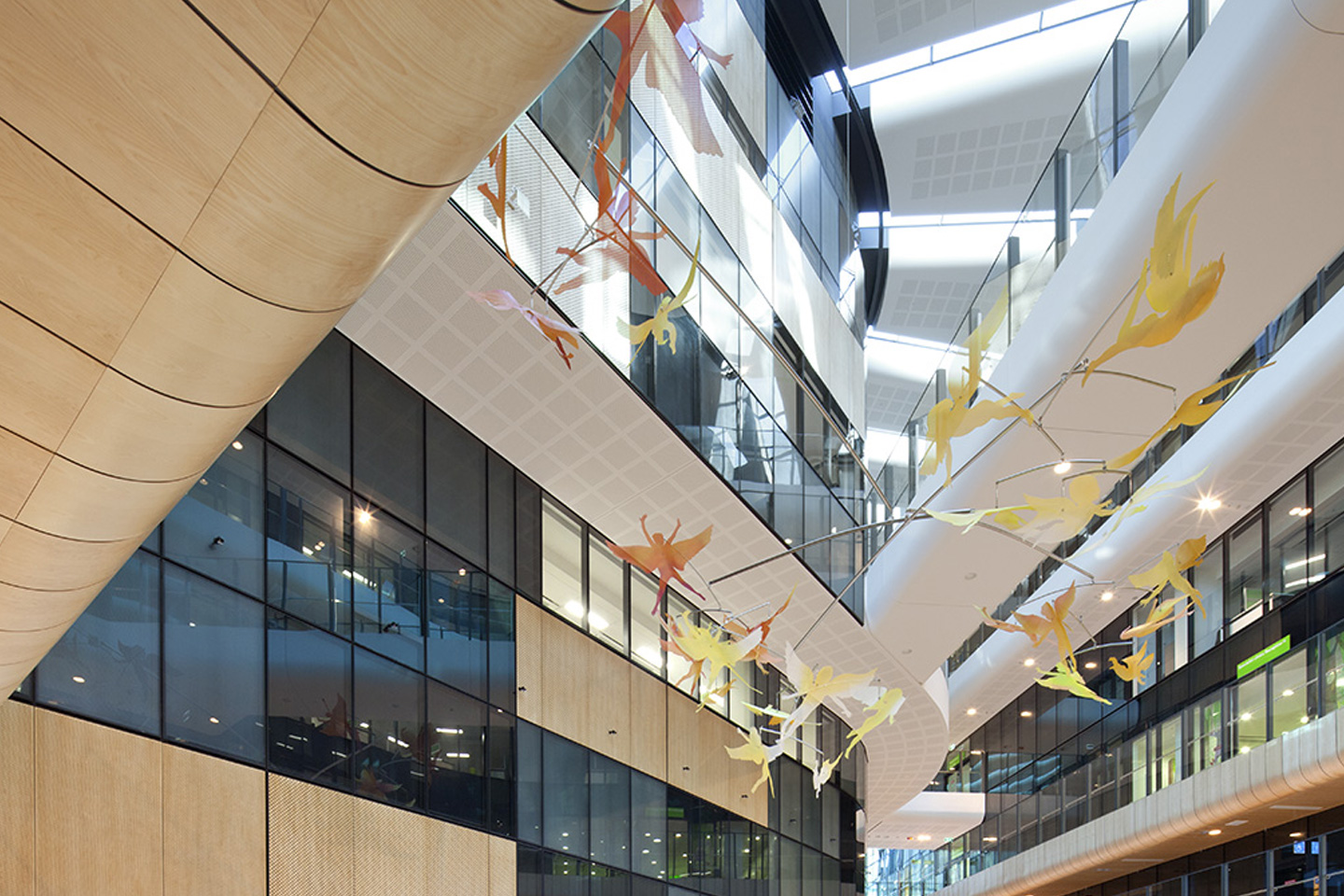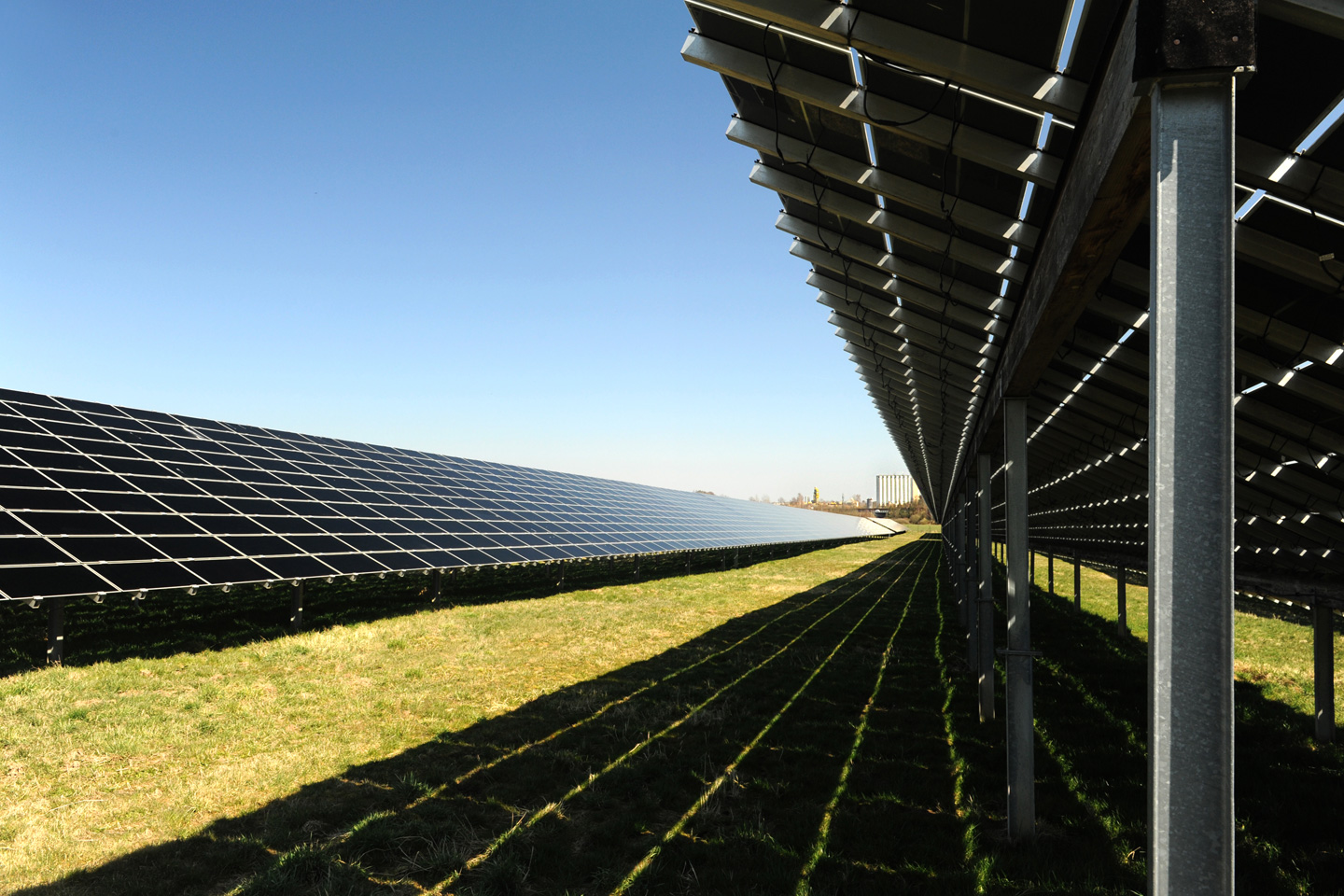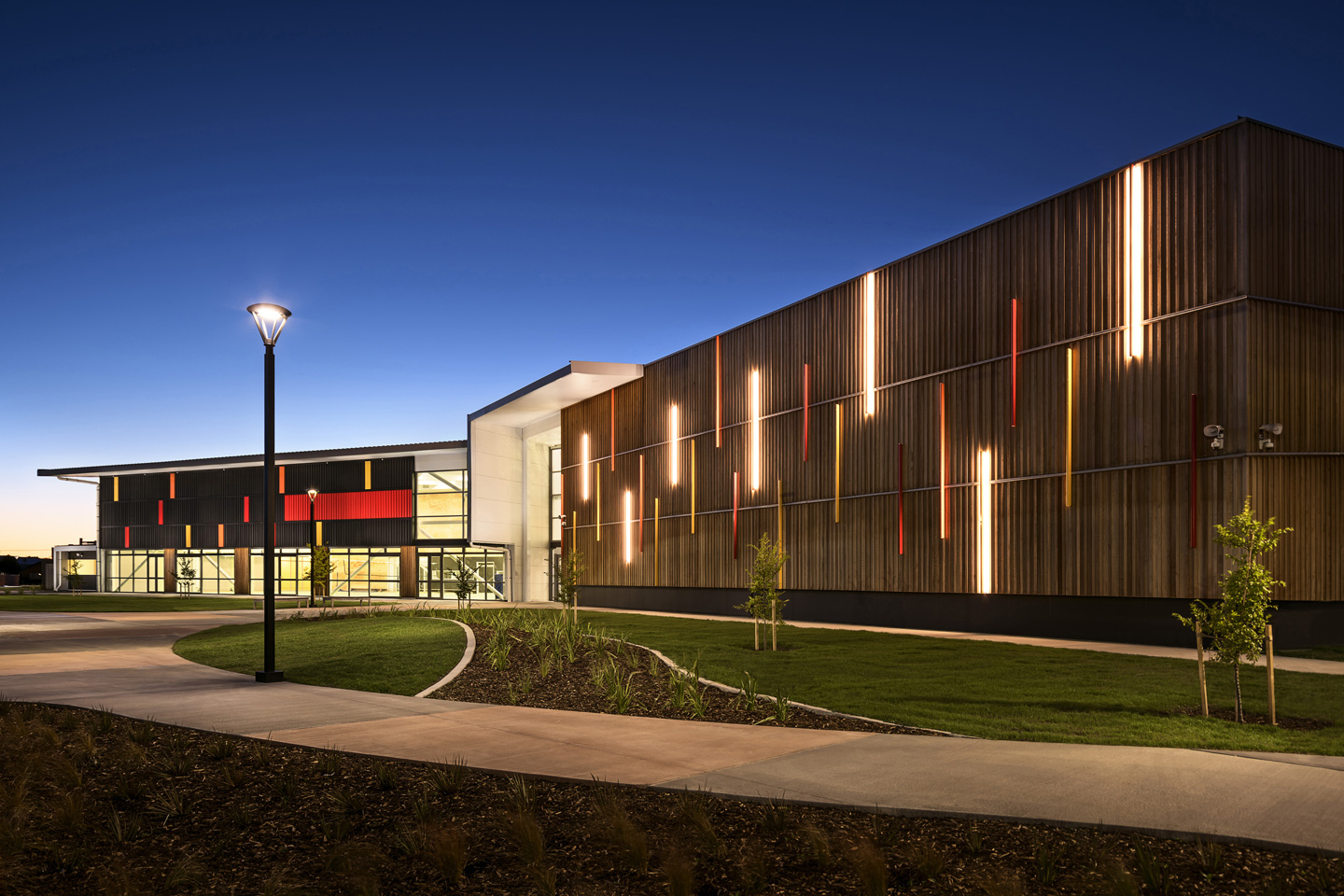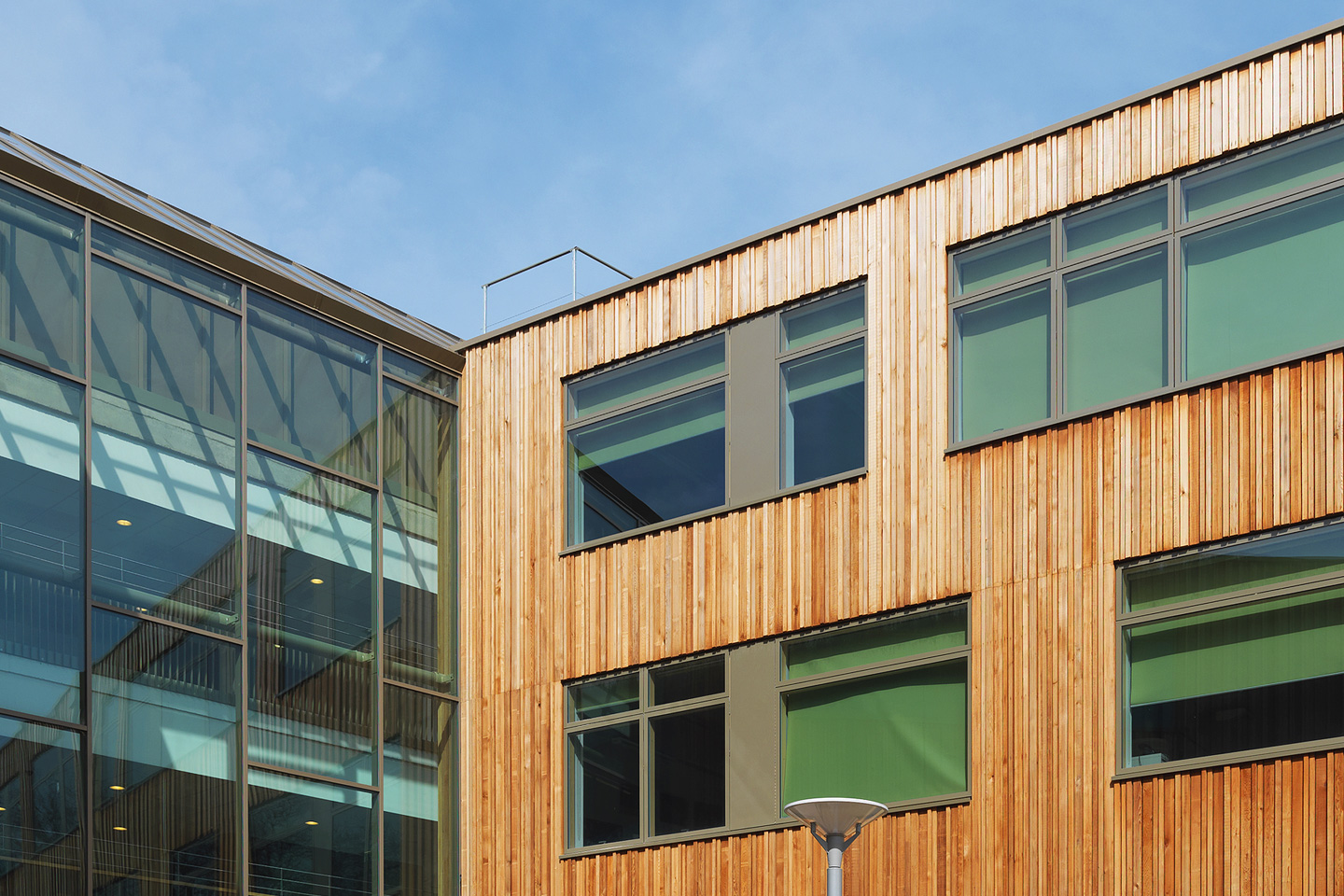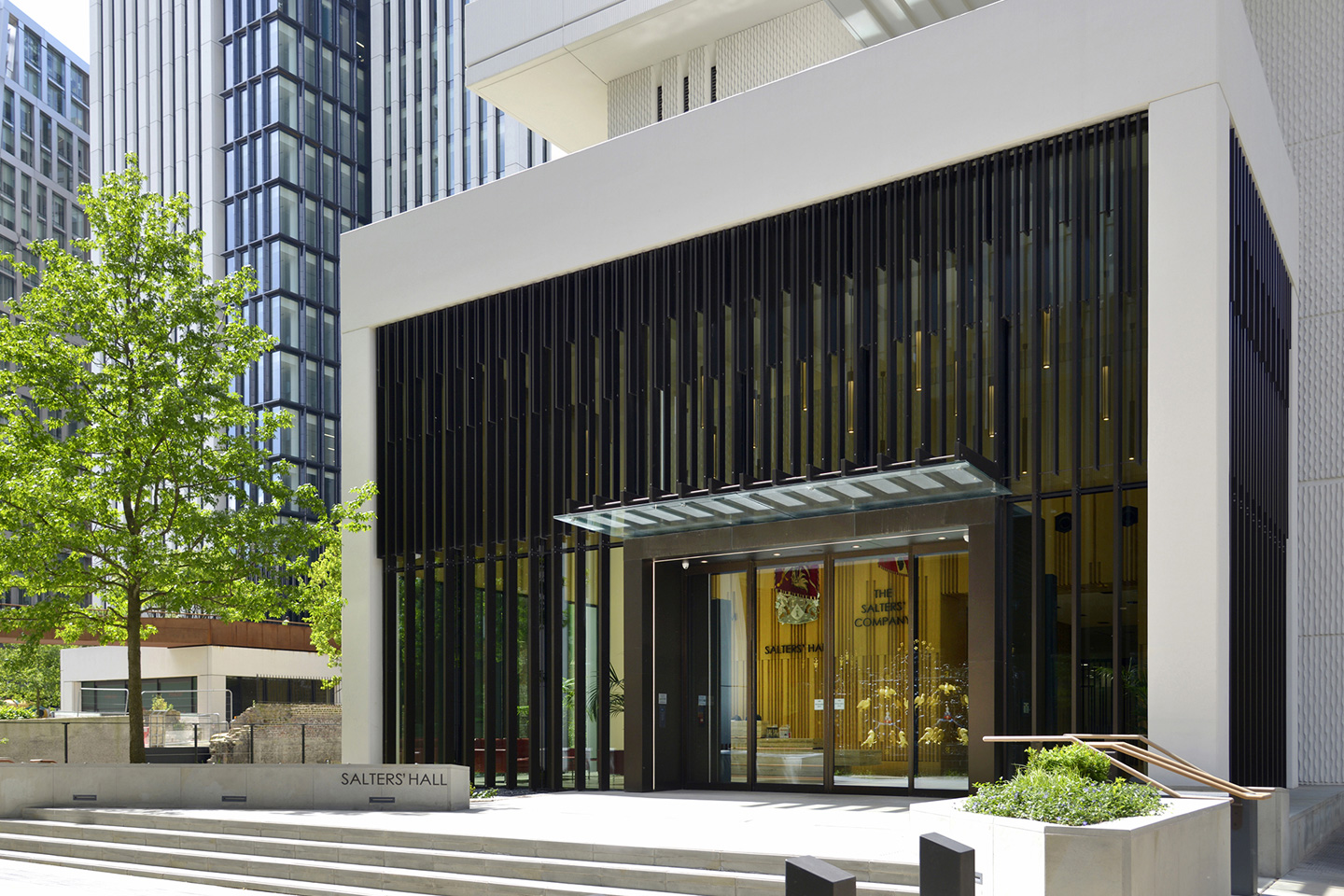
Energy
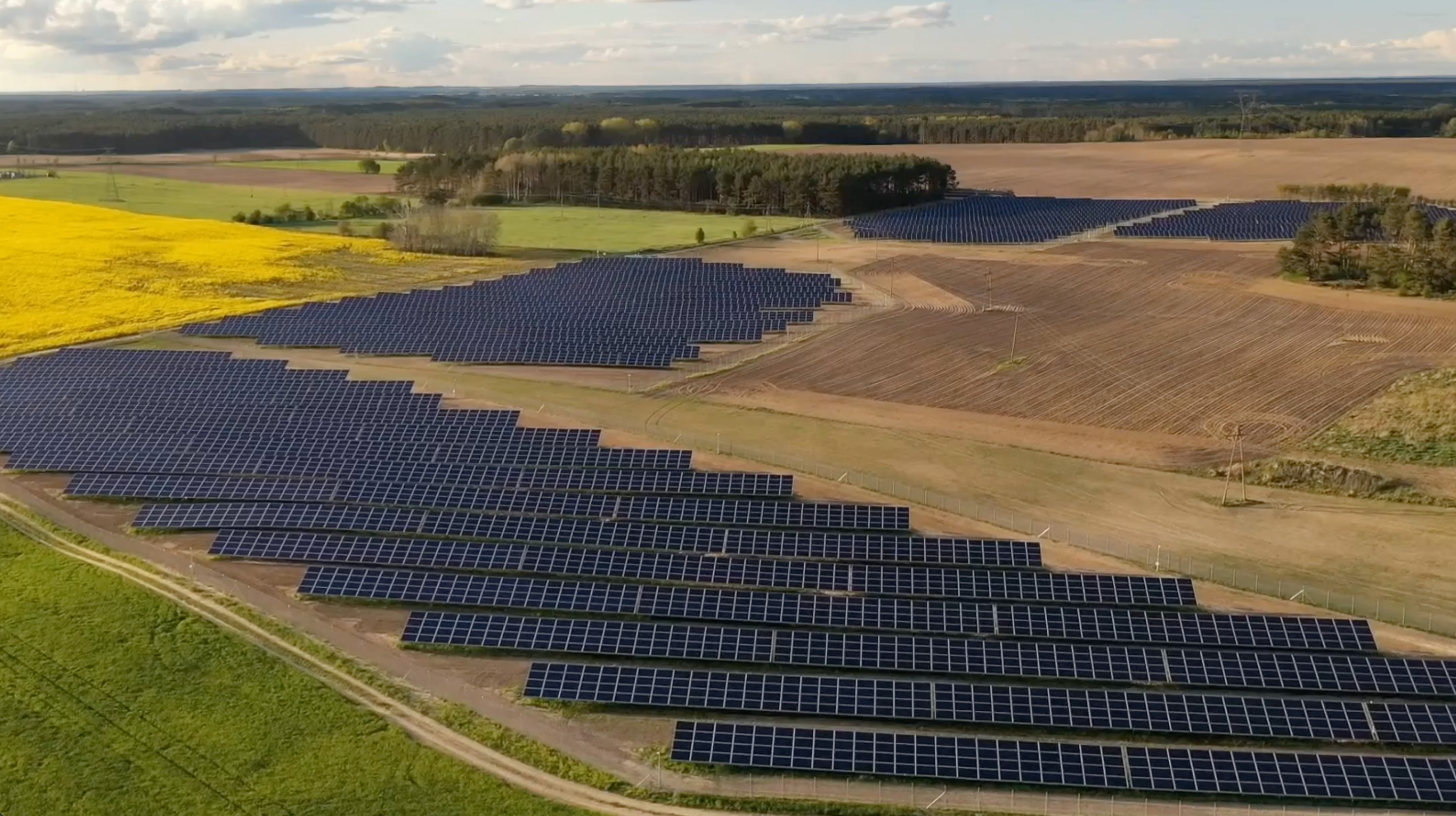
Energy
Amber invests across a spectrum of areas essential for the transition to a sustainable and efficient energy future.
Each sub-sector in our energy portfolio plays a role in the energy landscape on a local and international scale. We partner with public and private sector clients, leveraging private finance from various sources to develop assets and businesses.
Impact
The impact of our energy investments is measured by both their contribution to the environment and their role in the broader energy economy:
Contributing over 3GW of renewable energy
Achieving annual carbon savings of 870,000 tCO2e
Advancing the use of energy-efficient solutions and smart technologies
Energy Transmission
As a substantial investor in the UK offshore transmission sector, we focus on infrastructure that bridges offshore wind farms with the national grid.

Lincs OFTO
Ensuring the consistent delivery of renewable energy
Our investments ensure the consistent delivery of renewable energy by focusing on the cable connections that transmit energy from wind farms to the wider energy grid. These assets are crucial for meeting the UK's ambitious 2050 net zero targets and provide a stable, inflation-linked income stream based on the availability of the asset.
Decentralised Energy
Our decentralised energy investments include combined heat and power (CHP) systems and district heating networks.
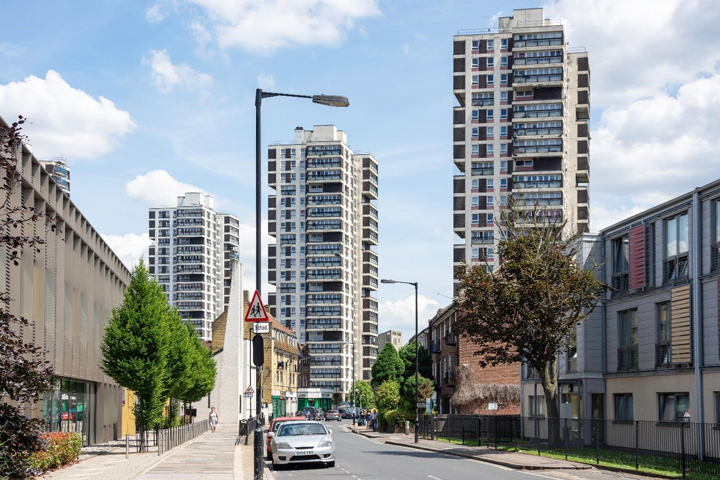
London Borough of Southwark
Solutions that address fuel poverty and reduce carbon emissions
Noteworthy projects, such as the Greenwich Peninsula scheme which at its time was Europe’s largest regeneration project, and the London Borough of Southwark communal water source heat pump scheme serving social and affordable housing, demonstrate our approach to providing sustainable energy solutions that address fuel poverty and reduce carbon emissions.
Energy Efficiency
Amber is a leading investor in Energy Efficiency and is proud to be the fund manager for the Mayor of London's Energy Efficiency Fund (MEEF).

London Borough of Richmond
Delivering significant energy consumption reductions
Retrofit projects deliver long-term revenues and significant energy consumption reductions whilst modernising existing infrastructure. We have extensive experience working with public and private sector sponsors across a number of delivery models including Energy Performance Contracts (EPCs) and Energy Services Companies (ESCOs). These projects have a substantial impact on reducing operational costs and carbon footprints for our sponsors.
Energy Storage
We develop projects that leverage advanced battery technologies to support grid services in addition to exploring emerging opportunities in electric vehicle charging infrastructure.

Skelmersdale
Balancing supply and demand
Reducing costs, net zero commitments, and the increasing need for energy security are accelerating the deployment of renewables. However, renewable assets are often less predictable and more variable than the fossil fuel generators they displace, making balancing the electricity network challenging.
Battery energy storage systems are playing an important role both in the decarbonisation of the electricity network and in balancing the supply and demand. By providing additional flexibility and reliability, the technology enables a greater proportion of the energy mix to come from renewable assets.
Skelmersdale exemplifies our approach in this growing market. Amber will continue to develop projects as well as consider opportunities such as behind-the-meter applications and 'solar + storage' as they emerge within this new market.
Renewable Generation
Amber is the fund manager for the US Solar Fund (USF), investing in a diversified portfolio of over 40 solar power assets in North America and other OECD countries in the Americas.
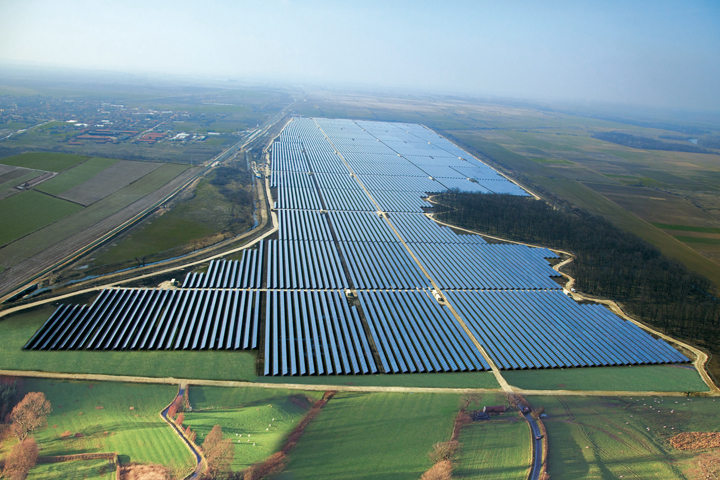
Enery
Ensuring a more resilient and sustainable energy infrastructure
Renewable energy is crucial in the transition to a net zero carbon future. It involves harnessing naturally replenishing resources such as sunlight, wind, and water to generate clean and sustainable power. As we move towards a net zero goal, renewable energy sources replace traditional, carbon-intensive methods, significantly reducing greenhouse gas emissions. The shift to renewables not only mitigates climate change but also promotes energy independence, stimulates economic growth in the renewable sector, and ensures a more resilient and sustainable energy infrastructure.
The team has developed and financed renewable projects internationally, such as the solar array at Marks and Spencer’s Distribution Centre in the UK, to investing in Circle Power Renewables in the US. These assets highlight our investment in technologies that support sustainable energy generation and distribution.
Gas Distribution
Our investment in the UK's largest gas distribution network (GDN) underpins the reliable supply of energy to approximately 11 million homes and businesses through more than 82,000 miles of pipeline.
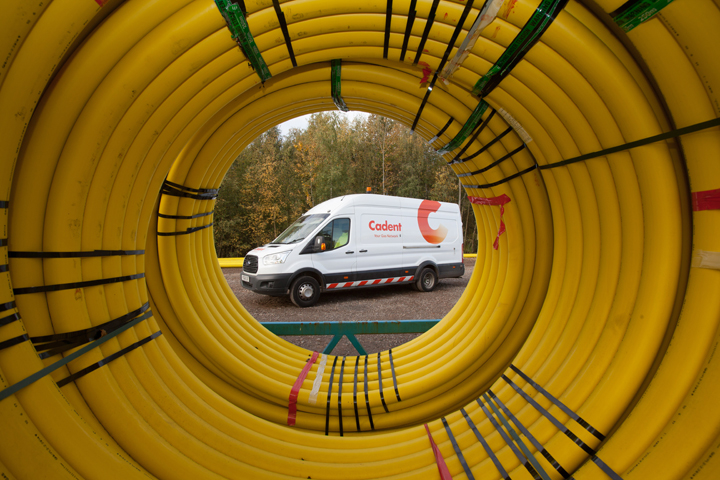
Cadent
Exploring new technologies to help decarbonise gas supply and demand
GDNs link natural gas and biomethane from production sources to households and industries and are integral to supporting countries meet their energy needs. These networks consist of an extensive web of pipes and associated infrastructure, facilitating the safe and efficient transportation of gas.
The GDNs are established, cash-yielding businesses, operating under a stable regulatory framework which allows a permitted return by investors. GDN’s are essential for countries to meet their current energy needs, and we are actively involved in exploring new technologies to help the networks decarbonise.
Low Carbon Mobility
As governments seek to deliver cleaner transportation options to support net zero emissions targets and to improve air quality in urban environments, low carbon mobility is an increasingly important focus for Amber.
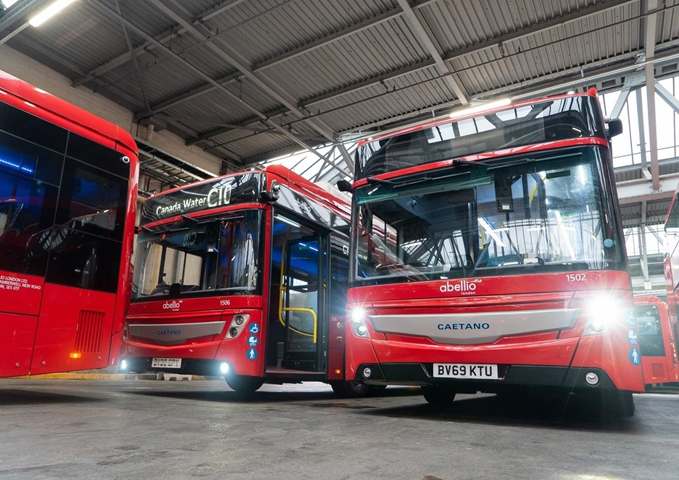
Zenobe Energy – Abellio Bus Depot
Promoting healthier urban environments
Low carbon mobility represents a shift in the way we move, offering a cleaner and more sustainable future for transportation. It transcends traditional modes of travel by embracing technologies like electric vehicles, efficient public transit systems, and alternative fuels. Beyond reducing carbon emissions, low-carbon mobility promotes healthier urban environments, reduces reliance on fossil fuels, and encourages eco-conscious living.
Our efforts are channelled through the management of funds such as MEEF into developing and supporting sustainable travel options for London, such as financing electric buses and electric vehicle (EV) charging infrastructure. These initiatives are essential in reducing transportation emissions and promoting sustainable travel within urban spaces.
